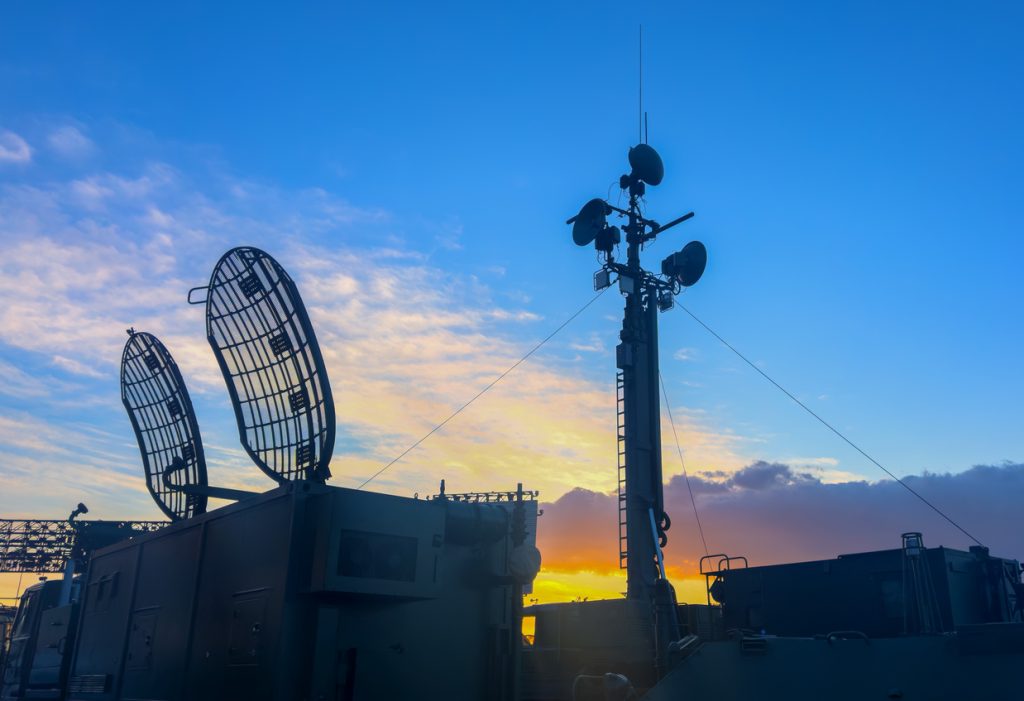As federal agencies grapple with the increasing demands for robust communication networks, the necessity for secure, reliable, and flexible solutions has never been more evident. These networks are not merely a matter of connectivity but serve as critical infrastructures supporting national security, operational efficiency, and public service delivery. The transition to modern telecommunications requires specialized wireless solutions adapted to these specific needs. A strategic mix of public, private, and hybrid 5G networks presents a formidable pathway for meeting varied and mission-critical requirements.
Exploring 5G Deployment Options
Federal agencies are looking at three primary deployment approaches to effectively implement 5G networks:
Public Networks
Public 5G networks leverage the existing infrastructure of commercial carriers. This model provides extensive coverage and scalability with minimal upfront investment, making it suitable for operations that are non-sensitive and require broad geographic outreach. The rapid deployment capabilities of public networks make them ideal for scenarios such as disaster response, where a wide area needs to be covered swiftly.
Hybrid Networks
Hybrid networks merge public 5G infrastructure with private core systems. This arrangement balances the benefits of broad connectivity with enhanced security protocols that are crucial for mixed operational requirements. They provide a way for agencies to utilize the reach of public networks while retaining stronger control over sensitive data and applications.
Dedicated Private Networks
Dedicated private 5G networks are constructed with private RAN and core infrastructure, offering unparalleled operational control. These networks are custom-tailored to meet unique mission-specific needs, while also complying with strict federal security mandates such as Zero Trust and Trade Agreements Act requirements. The robust security features inherent in dedicated networks make them indispensable for agencies dealing with classified information and sensitive operations.
Benefits of Public and Hybrid 5G Networks
The advantages offered by commercial and hybrid networks are numerous. They leverage established infrastructure, often utilizing operating expense models that eliminate the necessity of large initial investments:
- **Broad Coverage**: Public networks excel in delivering widespread geographic coverage, which is vital during emergency situations that span multiple regions.
- **Cost-Effectiveness**: Both public and hybrid models allow agencies to deploy solutions quickly and economically, particularly for lower-bandwidth requirements.
- **Diverse Ecosystem**: Public networks support various devices and allow reliable international communication due to existing agreements with other carriers.
However, challenges persist. Public carriers often struggle to meet strict federal security standards, attributed to complex global supply chains and potential involvement from non-compliant vendors. For instance, security incidents like the Salt Typhoon attack have highlighted vulnerabilities, emphasizing that compliance and security must be top-tier considerations.
Dedicated 5G Networks: The Ideal Secure Environment
Dedicated private 5G networks are tailored for federal defense requirements, offering elevated security and operational control. They provide an environment that supports advanced technologies like autonomous systems, edge computing, and artificial intelligence. One of the key features of dedicated networks is their naturally air-gapped structure, which isolates them from public networks and enhances security precautions.
This level of isolation aligns well with Zero Trust principles, making these networks perfect for agencies that manage classified data or mission-critical communications. Furthermore, improved supply chain visibility ensures that every component of the network is tracked, both through software and hardware documentation, facilitating compliance and rigorous security assessments.
Although the initial investment for dedicated networks might be higher than for other options, the advantages for scenarios that require stringent security, compliance, and data sovereignty are substantial. For agencies that prioritize secure communications, dedicated private 5G networks provide a powerful combination of control and operational excellence. Additionally, these networks can be integrated into subscription plans that include public/private options, easing concerns related to network maintenance for Department of Defense clients.
Key Use Cases for Private 5G Networks in Defense
Mission-critical scenarios vividly illustrate the value of dedicated private 5G networks for defense operations:
Train Like You Fight Readiness
Military readiness hinges on aligning training with actual operational conditions. By utilizing the same infrastructure, frequencies, and management systems both domestically and internationally, dedicated 5G networks ensure seamless transitions and mitigate readiness gaps. This setup provides secure, high-speed, and low-latency connectivity that facilitates real-time data sharing and operational capabilities without security concerns.
Interoperable Military Communications
Joint military operations necessitate seamless communications among different branches of the armed forces and allied partners to facilitate effective coordination. Dedicated private networks operating on government-allocated spectrum establish a foundation for secure, reliable exchanges of information. These networks not only ensure compatibility among diverse equipment but also safeguard sensitive data against potential breaches.
Secure Base Operations
Military bases must strike a balance between operational security and personal connectivity. Dedicated private networks provide a secure platform for classified operations, while hybrid solutions can extend connectivity to less sensitive activities, ensuring thorough coverage.
Securing the Future of Federal Communications
As federal defense increasingly demands communication solutions that exceed commercial standards, the focus continues to shift toward security, reliability, and mission-critical performance. While public and hybrid networks hold their own significance, dedicated private 5G networks deliver the advanced capabilities necessary to protect national interests and navigate complex operational tasks.
With the modernization of agency infrastructures, the demand for private 5G networks stands out as essential, offering unmatched security, operational control, and flexibility to meet the challenges of the future. For more detailed insights and strategies on deploying these networks, agencies can download the comprehensive white paper titled “The Need for Dedicated Private 5G Networks” which discusses essential aspects from deployment strategies to cost considerations.

